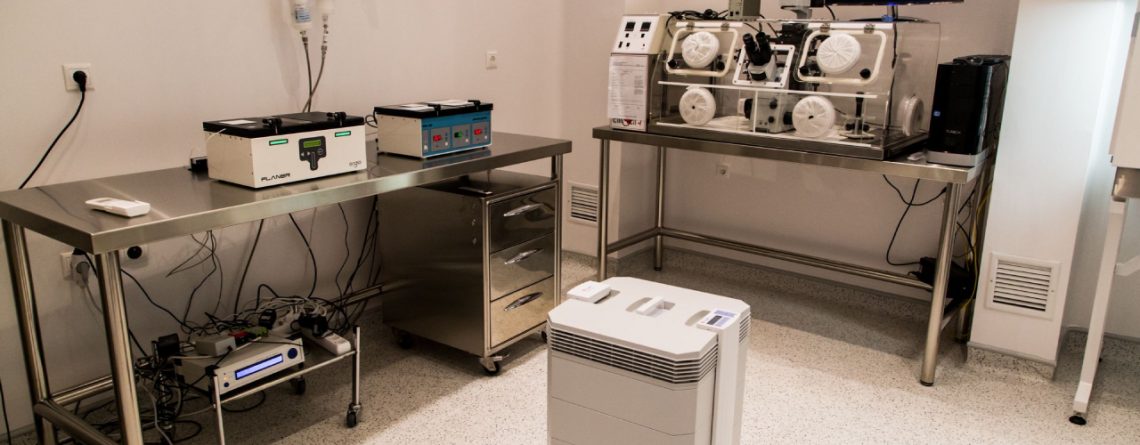Counseling patients with diminished ovarian reserve and recurrent pregnancy loss [Study – Part I]
About in vitro fertilization with pre-implantation genetic screening
A recent study that focuses on high rates of aneuploidy in blastocysts and a higher risk of recurrent miscarriages in women with diminished ovarian reserve who also undergo IVF is providing proof that many patients who undergo IVF with pre-implantation genetic screening fail to reach embryo transfer due to low embryo number and high aneuploidy rate.
The average age of women in this study was 36.1 for normal ovarian responders and 37 years for patients with diminished ovarian reserve.
Challenges
The article demonstrated that the risk of not having a blastocyst available for transfer in an IVF-PGS cycle was 13% in the normal responders group and 25% in the diminished reserve group. Supporters of IVF-PGS often refer to high success rates. However, during counseling, it is important that doctors point out not only success rates per embryo transfer but also the possible number of embryos and the possibility of not having a euploid blastocyst available for the transfer.
The study also found that women <38 years of age with diminished ovarian reserve and recurrent pregnancy loss had higher aneuploidy rates than women of the same age with recurrent pregnancy loss leading to a worse than expected prognosis in this subset of patients. Women over 38 appeared to have similar aneuploidy rates in their embryos despite ovarian testing. Although still unclear, it seems that young women with diminished ovarian reserve and recurrent pregnancy loss may have higher aneuploidy rates. This could reflect that diminished ovarian reserve in younger patients is more pathological, while diminished ovarian reserve in patients aged 38 and older may be a normal feature. Should this be confirmed through further studies, it could lead to an interesting outcome. Could young women, in general, with diminished ovarian reserve have higher than expected aneuploidy rates? Could diminished ovarian reserve in younger patients be the cause of recurrent pregnancy loss?
Implications
With all the evidence and scientific data at hand, it is very important to provide accurate information to women who have experienced repeated pregnancy loss and who are considering IVF with PGS. The Society for Reproductive Medicine advises women with unexplained recurrent miscarriages to receive support and expectant management.
The prognosis for live birth in subsequent pregnancies is 60%–70% in most women with unexplained recurrent pregnancy loss, although miscarriage rates remain at 30%–40%. Most women chose IVF with PGS hoping to decrease the emotional burden of recurrent pregnancy loss, as well as the cost and time lost in the event of another miscarriage. Although the emotional impact of a miscarriage is well documented, there are very few references on the emotional impact of a failed IVF cycle or a cycle when all embryos are evaluated as aneuploid.
Moreover, recent additions to the literature suggest that IVF with PGS does not increase the live birth rate compared to expectant management in women with recurrent miscarriages.
Read the rest of the implications in the second part of the article.
Lathi R., 2016. Caution, counseling patients with diminished ovarian reserve and recurrent pregnancy loss about in vitro fertilization with pre-implantation genetic screening. Human Reproduction, Vol. 106 , No. 5, pp. 1041-1042.








